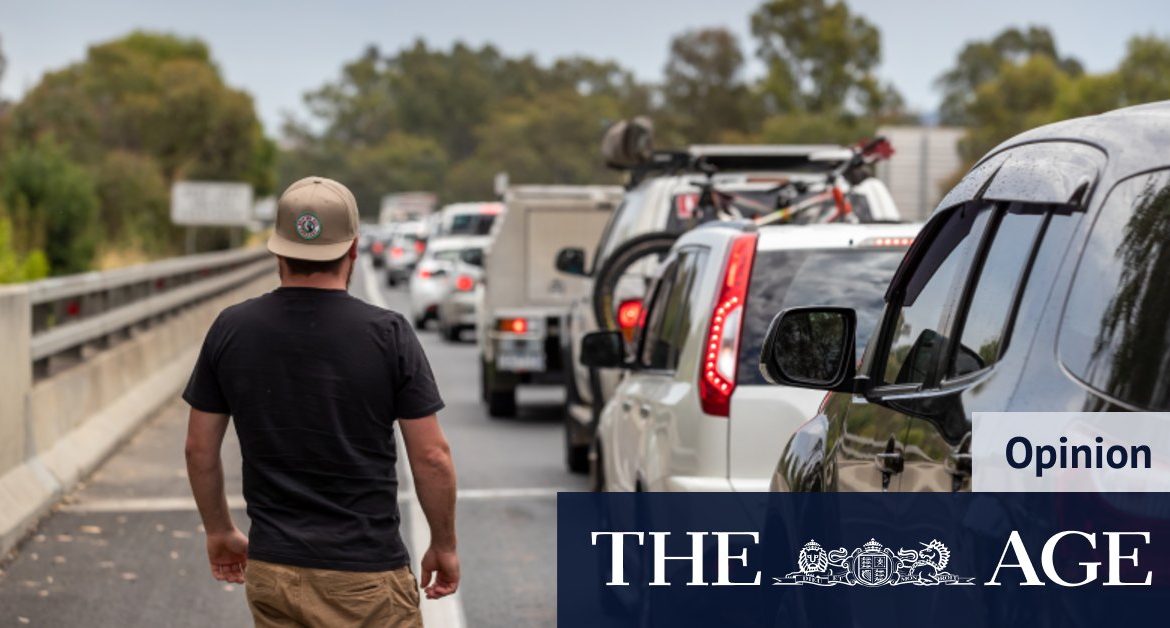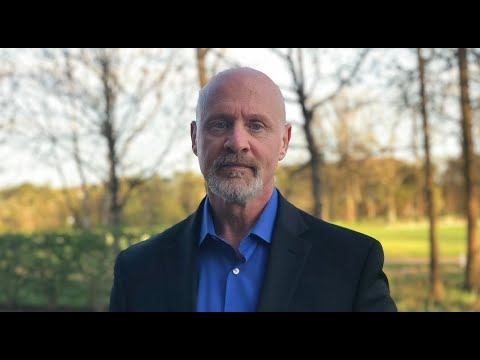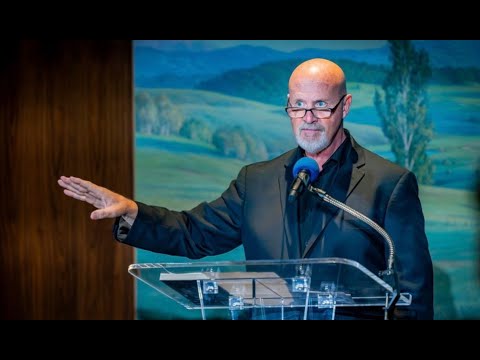“I will be tested for coronavirus within 24 hours of arriving in Victoria,” it read.
“I will self-quarantine at home or another suitable location for 14 days.”
But the next morning, a nurse at the Alfred Hospital’s COVID-19 screening clinic provided different advice. Consulting a sheet of paper, the nurse said that as we’d arrived from Wollongong on December 31, we would be free to leave quarantine after receiving a negative test result.
We questioned this, pulling up a press release from the Department of Health and Human Services that clearly stated we needed to quarantine at home for two weeks as Wollongong was no longer within the green zone.
Better check with the DHHS, came her reply.
After receiving our negative test results later on New Year’s Day, we called the DHHS to clarify. When we got through, an official gave us the unexpected news – we were now free to leave our apartment.
But, confused by the inconsistency between this new information and our permits, we questioned the advice. The official conferred with a colleague and confirmed that, yes, we could leave.
Vehicles queue to cross the NSW-Victorian border at Albury on Friday.Credit:Jason Robins
Another DHHS official, apparently unaware of the previous conversation, phoned us shortly afterwards to check the details of our travel. Again, his advice was clear: as we’d received a negative test result, we were free from quarantine.
Out of an abundance of caution, we read him the conditions on our travel permit and asked one more time for confirmation. The official put us on hold while he spoke to his supervisor. Finally, he conceded he had initially provided the wrong advice. We would have to spend 14 days in home quarantine.
The experience has made me empathise with people who try to do the right thing but are provided with incorrect and confusing advice from health officials.
Loading
The family at the centre of October’s coronavirus cluster in Melbourne’s northern suburbs springs to mind. They too, claim they were provided with misleading advice that led to one of their children inadvertently attending school while infectious. Two days before their child had attended school, the family received an email from the department saying they had met the criteria to end isolation.
Clear and effective communication is vital during a pandemic.
Confusion can have serious consequences: most alarmingly, unwittingly infectious people wandering through streets, shops and cafes, infecting others.
The 14-day quarantine period acknowledges that COVID-19 has a median incubation period of between 4.9 and seven days and is not always detected in an initial test. A fortnight ago, a Queensland man who initially tested negative to the virus after visiting Sydney’s northern beaches, tested positive. Fortunately he had been self-isolating at home.
I hope other Victorians fleeing NSW have received the correct advice from health officials. It’s vital if we want to stamp out this latest outbreak.
Get our Coronavirus Update newsletter
Stay across the news you need to know related to the pandemic. Sent Monday and Thursday. Sign up here.
Senior Reporter at The Age
Most Viewed in National
Loading







